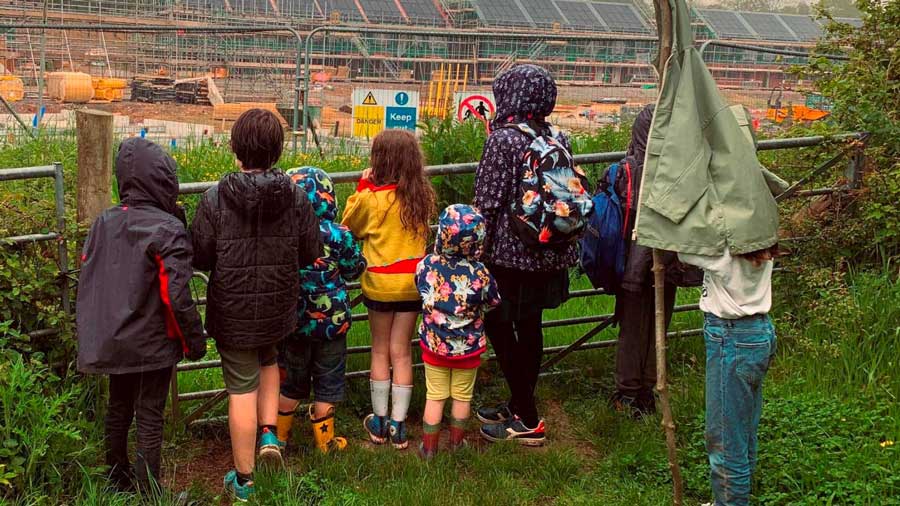Recipe for a Housing Strategy that delivers
An essential guide to whipping up a plan that will make a difference

STRATEGY
Image: Istock
Maggie Rafalowicz
Director, Campbell Tickell


Helen Brzozowski
Managing Partner, arc4
The best-run local authorities operate their plans for housing on the basis of a comprehensive housing strategy. This will take account of current and anticipated future housing needs, alongside what is practical and deliverable in their area.
Developing a Local Housing Strategy can be time and resource-intensive. But it can be time well spent, if the process can be as productive as the finished article, finding space for innovative thinking, identifying deliverable ambitions and securing partner commitments to achieve them.
Local authorities may take on the responsibility of developing a Local Housing Strategy but the ones that work, that will make the difference, are co-produced with and delivered by a range of stakeholders. Having gone through this process many times, with many clients, we have learnt (sometimes the hard way) what makes for a good Housing Strategy.
Here are some pointers.
Be clear who the audience is
Some housing strategies are code for ‘prospectus for growth’, designed to attract investment and that’s fine.
But it needs to be written very differently than one that is designed to set out its commitments to local people.
Think about your audience, your desired outcomes and focus on these.
Use your evidence to develop your priorities
Don’t make this a manual about everything that housing does (unless you want an annual report).
Think carefully about what you want and need to achieve or change. Use your evidence base (all that research you’ve spent ages getting together) to understand the challenges you face and create your priorities from it.
“Developing a Housing Strategy is not simply a means to an end. It’s a process, a time to reflect on what you do and how well it works.”
Take the opportunity to think differently
Developing a Housing Strategy is not simply a means to an end. It’s a process, a time to reflect on what you do and how well it works. It’s a time to establish common purpose, find best practice, learn from peers and engage with colleagues, partners and stakeholders.
Don’t think it’s the job of the Strategic Housing people to come up with all the solutions. Create workshops to bring different disciplines together to create different outcomes.
For instance, some of the best solutions for improving private sector housing outcomes for tenants have been brought forward by health and wellbeing colleagues.
Listen to your partners about what needs to change
Take the opportunity to ask partners what you do well and where improvements can be made.
The Housing Strategy provides an opportunity for honest feedback and many quick wins can flow from that.
It’s also a great time to reset relationships with partners.
The importance of buy-in
Think members, officers, stakeholders, developers, housing providers, health, social care… they need to champion the strategy and help deliver it.
Engage with them early, listen to them and involve them.
“There is little point in creating a strategy that is not deliverable. A robust action plan with clear resources, identified deliverers, and realistic outputs and timescales is required.”
Ambitious v deliverable
There is little point in creating a strategy that is not deliverable. A robust action plan with clear resources, identified deliverers, and realistic outputs and timescales is required.
The action plan is not an afterthought and should be produced at the same time as the strategy.
Some of the best strategies we have seen are short and punchy, with detailed action plans of ‘how to do it’ and what success will look like.
There’s some innovative cash out there
Housing is potentially the only function in a local authority that can spend funding delivering its outcomes and potentially recycle it later.
Consider how you may invest in the market, taking risks as a developer, supporting first-time buyers to buy, or graduates for ‘stay or return’ with financial products. Think about the role of ethical investment in delivering more affordable housing and a much wider use of commuted sums, as well as capital receipts and prudential borrowing.
If your models can recycle funding and deliver on your priorities, that is a strong argument to secure resource.


